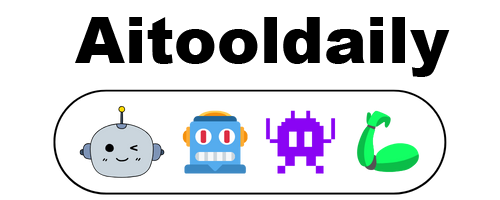ChatGPT is an AI tool implemented with initial support for plugins. These plugins are designed specifically for language models with safety as a core principle and enable ChatGPT to access the most up-to-date information, run computations, and use third-party services.
The tool benefits from continuous deployment, gradually rolling out plugins in ChatGPT to study their real-world use, impact, and safety challenges. This helps the developers to learn more and achieve alignment challenges towards their mission of human–AI interaction.
The tool offers a small set of users currently, and larger-scale access is gradually rolling out. Plugin developers can build a plugin for ChatGPT by using the tool’s documentation, which then lists the enabled plugins in the prompt shown to the language model as well as provides documentation to instruct the model on how to use each.
ChatGPT currently hosts two plugins, a web browser, and code interpreter, and has openly shared code for a knowledge base retrieval plugin. Users and developers can join the ChatGPT plugins waitlist and have access to plugins gradually over time.
The initial alpha access will prioritize a small number of developers and ChatGPT Plus users, and gradually expand over time. The aim behind plugins is to unlock a vast range of possible use cases and build a community shaping the future of the human–AI interaction paradigm.

